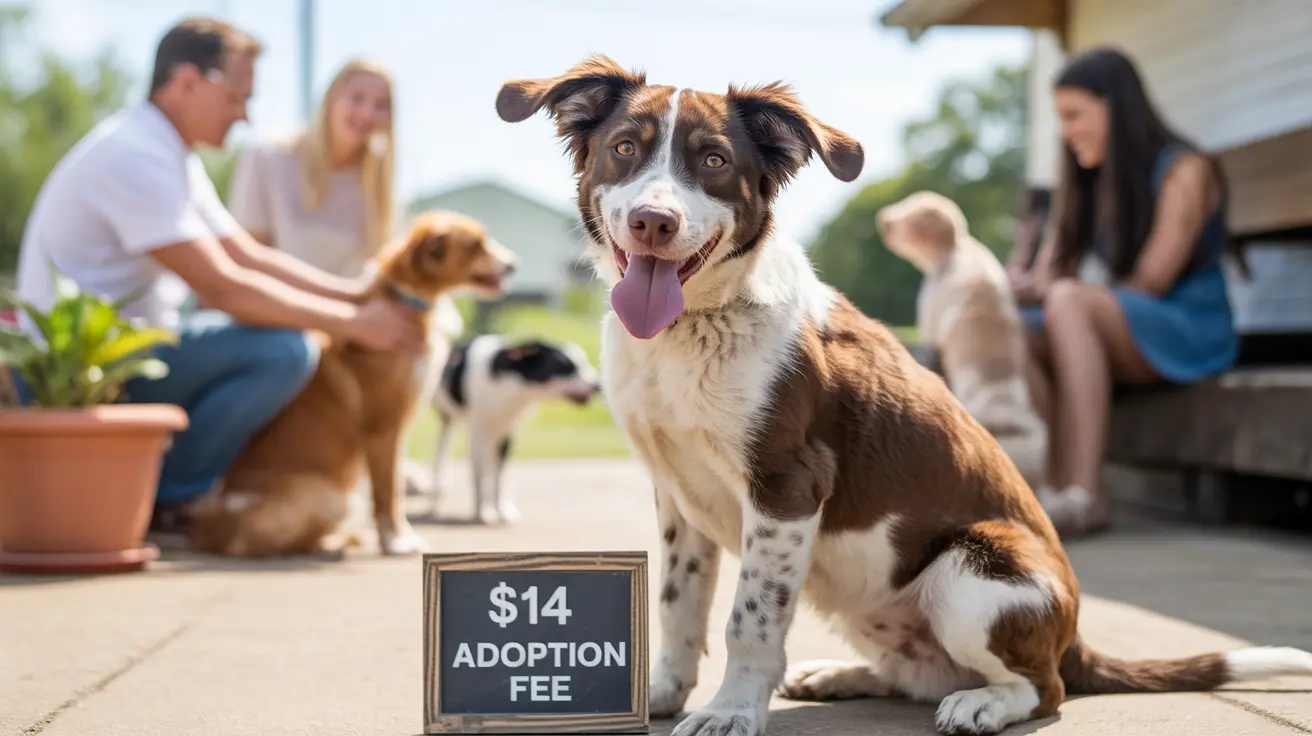How to Tell If a Dog Comes from a Puppy Mill
Adopting a dog is a joyful and life-changing decision. However, it’s essential to ensure that your new furry friend comes from a responsible breeder or rescue organization—not from a puppy mill. Puppy mills are commercial breeding facilities that prioritize profit over animal welfare. Dogs raised in these environments often suffer from severe health and behavioral issues due to poor conditions and lack of care. Here's how you can spot red flags and protect yourself and your future pet.
Understanding Puppy Mills
Puppy mills are high-volume breeding operations where animals are often kept in overcrowded and unsanitary conditions without adequate medical care, nutrition, or socialization. The main goal is profit, not the health or welfare of the animals.
Key Indicators a Dog Is From a Puppy Mill
- Poor Living Conditions: Dogs are kept in cramped cages, often stacked in rows, with little to no access to fresh air, exercise, or human interaction.
- No Medical Records: Lack of vaccination history, deworming, or veterinary paperwork is a significant warning sign.
- Unclear Breeding Information: The seller may not provide information about the puppy's parents, lineage, or medical background.
- Multiple Breeds Available: Breeders offering a wide variety of unrelated dog breeds may indicate a puppy mill operation.
- Avoidance of Visits: If the breeder refuses to let you visit their facility or only meets in public areas, it may be to conceal poor conditions.
- Poor Socialization: Puppies may appear fearful, unsocialized, or overly timid due to lack of human contact and stimulation.
- No Contracts or Questions: Legitimate breeders usually have contracts and ask you questions to ensure their puppies go to good homes.
Risks of Buying from Puppy Mills
- Health Problems: Dogs from puppy mills often suffer from genetic diseases, parasites, and other untreated medical issues.
- Behavioral Issues: Poor socialization can result in fear, aggression, or inability to adapt to home environments.
- Emotional Trauma: Both puppies and breeding dogs may endure lifelong psychological scars.
How to Avoid Buying from a Puppy Mill
- Visit the Breeder’s Facility: Insist on seeing where the puppy was born and raised to verify the conditions firsthand.
- Ask for References and Credentials: Check if the breeder is part of reputable kennel clubs or breed associations.
- Demand Health Records: Ensure the puppy has been seen by a licensed vet and has up-to-date vaccinations.
- Research the Breeder: Look for online reviews, Better Business Bureau ratings, and feedback from past customers.
- Adopt from Shelters or Rescues: Consider adopting a dog from a local animal shelter or rescue group, many of which have dogs in need of loving homes.
Legitimate Breeder Characteristics
- Transparency: Responsible breeders are transparent about their processes and welcome potential buyers to their facility.
- Care for the Breed: They breed for health, temperament, and conformation to the breed’s standard—not profit.
- After-Sale Support: Many ethical breeders provide ongoing support and take back dogs if issues arise.
What to Do If You Suspect a Puppy Mill
If you find signs that indicate a puppy mill, it’s crucial to report the operation to local animal control or animal welfare authorities. Gathering photographic or video evidence can support an investigation and help prevent future animal suffering.
Final Thoughts
Identifying whether a dog comes from a puppy mill requires diligence and attention to detail. Always prioritize the welfare of the animal over aesthetics or convenience when choosing a new pet. By making informed decisions, you not only ensure a healthier, happier life for your dog but also contribute to ending inhumane breeding practices.





